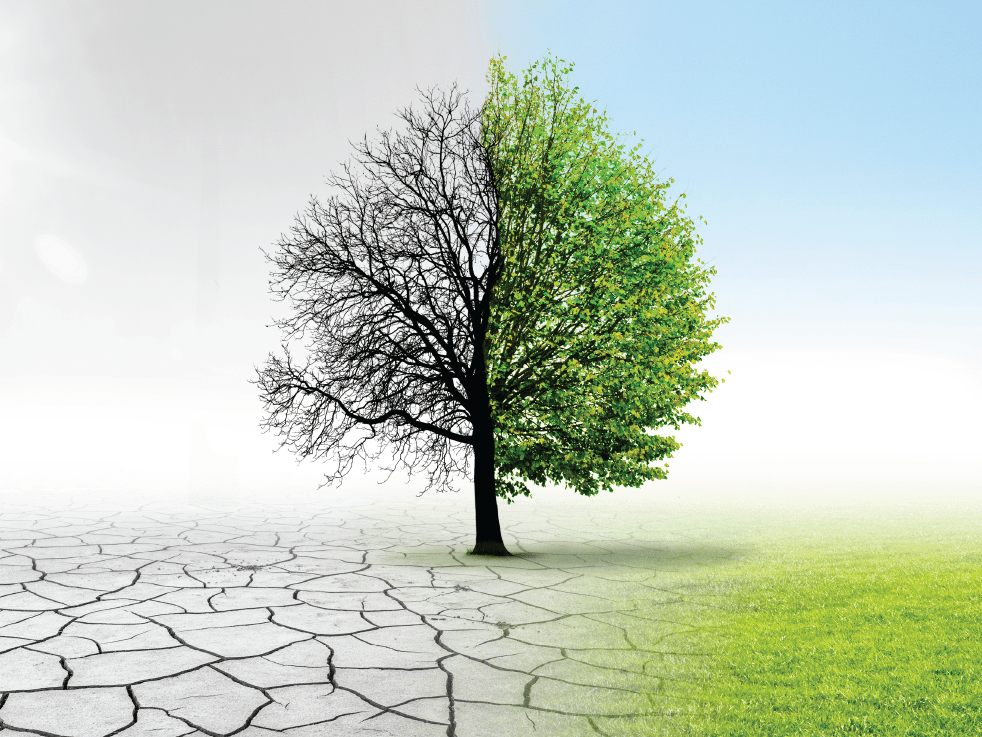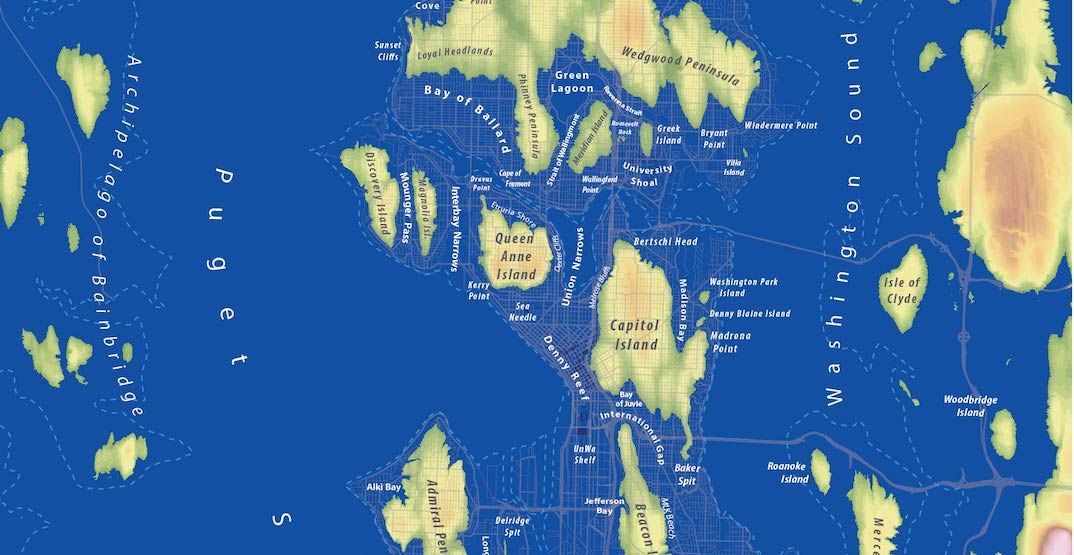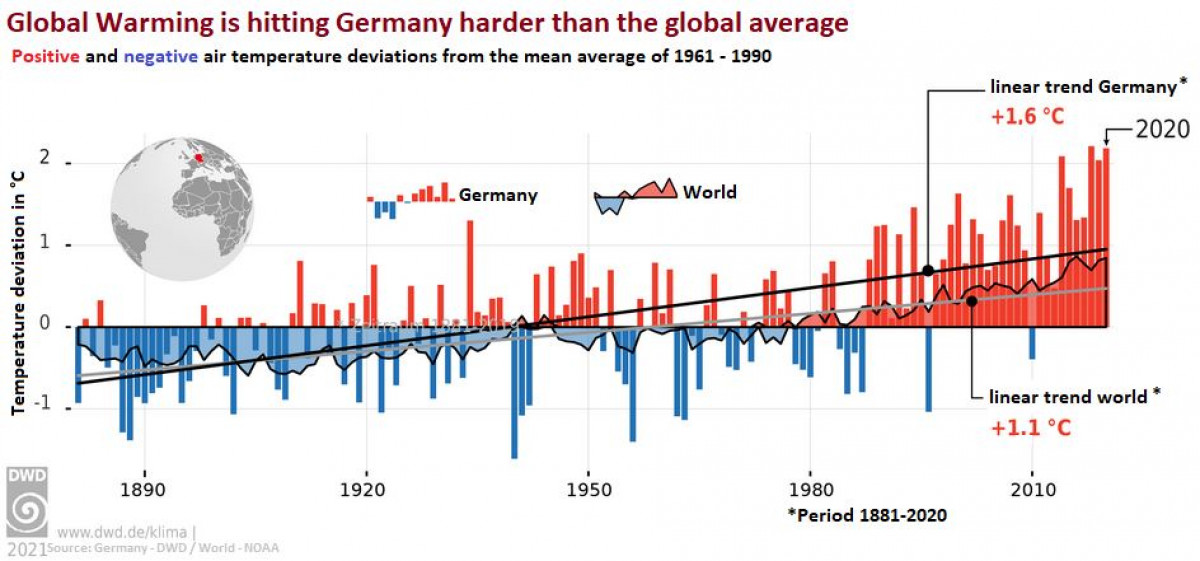
The United Nations' ActNow campaign calls on individuals and communities to act to combat climate change. It works with cities and communities to encourage individual behaviour change. These efforts are supported and supported by a network national and local thought leaders as well as experts in climate, sustainability, or social action.
ActNow brings together mayors around the globe. They work together to develop best practice projects. They are committed to promoting safety in the community, transforming abandoned minelands into assets that can be used for future generations, and growing technology companies. They support People's Commissions which are groups of ordinary residents.

ACT NOW gives communities the tools and resources they need to make their region safer, healthier, and more welcoming. ActNow encourages individuals to make sustainable decisions in their daily lives. ActNow created a chatbot, which helps users find energy-saving strategies. It encourages people to travel sustainably, eat plant based food, and conserve natural resources.
ActNow has a Youth Version, geared towards children called Climate Action Superheroes. During this event, kids and parents participated in activities designed to educate them about environmental issues. One highlight was the online seminar about wildlife conservation. This activity was attended by hundreds of people from around the globe. Paavani, a 14-year-old youth secretary for the World Sustainable Security Coalition, (WSSC), Devika Vaid Miss Earth India, and Naja Saade, a Lebanese fashion design who creates zero waste fashion from unused textiles, were some of the guests.
Another ActNow initiative is to assist small businesses in obtaining low-cost capital. The Alliance for Economic Development of Southern West Virginia received an initial grant of the U.S. Economic Development Administration. This grant will be used to train a green construction workforce. In addition to this, the HBIZ Technology Center will upgrade three historic buildings to become tech-reuse facilities.
Appalachian Climate Technologies Coalition (ACT) is a regional effort that focuses on creating green collar jobs in the southern West Virginia region. It will create a more inclusive economy and ensure that the region has a just transition to a more sustainable, prosperous future. ACT Now will therefore attract $250 million in private investments in climate technology. The coalition will eventually create 5,000 full-time direct jobs and 15,000 indirect job opportunities.

The ACT NOW program is designed to work with local leaders, non-profits and cities. It builds a network of leaders and experts who are capable of making real, effective changes. It also selects promising project ideas. ACT NOW assists local politicians in making their communities more sustainable. ACT NOW's leadership development programme includes a network of youth, and includes experts from the civil society.
ACT NOW gives people and communities real-world experiences that will help them face today's challenges. They also offer caregiving seminars, and virtual dementia tours. Through these initiatives, ActNow has reached millions of people, from all over the world.
ActNow is an essential part of UN's coordinated effort on climate change. It has been adopted by leading chefs and influencers who are committed to making people's lives sustainable.
FAQ
How can we address climate change by addressing the role of the energy industry?
The role of the energy sector in climate change is immense. Global warming is caused by the release of carbon dioxide into the atmosphere. This traps heat and causes an increase in Earth's average temperature.
Energy sources must shift away from fossil-emitting energy sources like coal and natural gases and towards renewable energy sources like wind, solar and geothermal to address this problem. This can be achieved through incentives and government policies, but also by investing in new technology like hydrogen fuel cells. Businesses and households can both reduce their carbon footprints while also lowering their electricity bills by investing into infrastructure that supports this use of renewable resources.
Other options include switching away from petroleum-fueled cars, moving towards electric vehicles, and public transport. The government has great power to help societies transition away from oil-based infrastructures. They can support research into battery technology and encourage consumers to invest in cleaner modes.
Companies must also adopt green business practices to reduce their carbon footprint. This includes installing better insulation in offices and implementing energy efficiency plans at production plants. This can reduce operational costs dramatically while improving environmental performance metrics.
These initiatives should be championed at all levels, not just at company level but also at government. Raising taxes on pollution products encourages individuals and businesses to stop using harmful practices. While this may be a financial outlay for polluters, providing vouchers for or subsidy for low-carbon products can create a continuing market to support sustainability efforts. In conclusion, tackling climate change requires a massive effort from both private industry and private citizens alike; switching to clean energy sources and adopting green practices are key aspects of fighting global warming which will positively affect generations now and are yet to come.
How can developing countries and communities cope with the effects of climate changes?
Developing countries and communities are particularly vulnerable to the effects of climate change due to limited access to resources, healthcare systems, and technology. Temperature, precipitation, sea levels, and rainfall changes put additional pressure on already scarce resources. Additionally, floods and droughts cause havoc in already fragile ecosystems. Rising temperatures can lead to a decrease in crop yields, which will disproportionately affect poorer communities struggling with food insecurity. Extreme weather events like hurricanes or heatwaves can also cause destruction to infrastructure, causing further economic inequality.
The long-term implications of climate change include continued resource scarcity, poverty, and health impacts including an increased number of vector-borne diseases such as malaria or dengue fever. There will also be an increased risk of flooding from rising sea levels, combined with extreme weather events. This puts lives at risk in coastal locations where many people lack the necessary infrastructure and emergency services to evacuate. While mitigating greenhouse gases is essential to build resilience to these risks, there are other options available. These include better management of freshwater resources and easier access for health facilities. This helps with the prevention of diseases such as malaria.
What can we do to help the climate change process?
Human activity is one of the major factors contributing to climate change. According to the Intergovernmental Panel on Climate Change. (IPCC), human activity is responsible for more that 70% of all global warming.
Burning fossil Fuels: The atmosphere is effected by the combustion of fossil fuels like coal, oil and gas. This adds to already existing levels of atmospheric CO2, which act as a "greenhouse gas" by trapping heat from the sun in Earth's atmosphere and increasing temperatures even further. This can result in an increase in ocean levels due to Arctic ice melting. This creates unpredictable weather patterns that can disrupt food production and threaten human health.
Deforestation: Deforestation knocks out trees which sequester atmospheric carbon dioxide in their trunks when they take it up during photosynthesis. The albedo is also increased by cutting down forests. It refers to the amount of solar radiation reflected back into space. As well decreases local air quality with deforestation being linked permanently with respiratory issues.
Farming: Between 14% and 18% of global anthropogenic greenhouse gas emissions are attributed to animal agriculture each year. Due to the high levels of methane bacteria in animal waste, methane gas is released into the atmosphere in large quantities. Changing your diet to less or no animal products can help reduce this contribution. Smog from ground-level ozone can harm our respiratory system and make our lives more hazardous.
In conclusion, human activity has been drastically impacting our environment for centuries now, but with rapid advances made in technology such as renewable energy sources availability we have started turning our heads towards the future leaving behind carbon-emitting heavy industries results will soon start speaking themselves clearly when we leverage on technology through green innovation paving away toward eco-friendly efforts combatting climate change efficiently keeping everyone safe under prosperous nature purview.
What are the causes and consequences of climate change?
Climate change is a worldwide phenomenon caused by an increase of human-generated greenhouse gasses emitted into the atmosphere. This is mainly due to fossil fuel burning for power and transportation. These emissions cause more of the sun's warmth to be trapped in Earth's atmosphere, leading to rising global temperatures.
Climate change is also caused by other factors, such as population growth and land clearing. This further decreases the number natural carbon sinks that absorb CO2 in the atmosphere. Climate change can also be caused by natural forces like changes in solar radiation.
These human activities combined result in Earth being unable to adequately balance its energy resources, which has led to an average global temperature increase of 1 degree Celsius from pre-industrial times. Glaciers melt quicker than they form, and sea levels rise because oceans absorb most the heat energy. Other negative consequences include water scarcity, droughts and extreme weather events like flooding and hurricanes.
We must reduce our carbon footprint, and begin reducing our emissions immediately to protect ourselves from the increasing impacts of climate change. Reducing our dependence on fossil fuels for electricity production is crucial alongside investing in renewable sources - think wind turbines or solar panels - which do not emit any harmful pollutants into the environment. Other sustainable practices like reforestation can also help restore some balance around these delicate planetary cycles we rely on for survival.
Statistics
- This source accounts for about 10% of all the water that enters this highly productive farmland, including rivers and rain. (climate.nasa.gov)
- Fossil fuel production must decline by roughly 6 percent per year between 2020 and 2030. (un.org)
- The 10 countries with the largest emissions contribute 68 percent. (un.org)
- features Earth's average surface temperature in 2022 tied with 2015 as the fifth warmest on record, according to an analysis by NASA. (climate.nasa.gov)
- According to the 2014 report on Climate Change Impacts, Adaptation, and Vulnerability (page 8) from the United Nations Intergovernmental Panel on Climate Change, governments at various levels are also getting better at adaptation. (climate.nasa.gov)
External Links
How To
How to integrate sustainable practices into your everyday life to fight climate change
You can implement sustainable practices in your daily life by reducing your consumption. You can shop secondhand or borrow items from friends and family instead of purchasing new items every day. Also, vegetarian meals can be a great way to cut down on methane from livestock production. For energy conservation, remember to turn off the lights whenever possible when leaving a space.
You can also reduce the emissions from transportation sources such as cars, planes and trucks by using carpooling and public transit to transport your passengers instead of driving. You can also choose renewable power sources like solar panels to replace traditional fossil fuels and generate electricity at your home. To make climate change action effective, it is important to support policies that promote clean air regulations. It is also a great idea to engage with others about issues like plastic pollution and forest destruction. This creates more informed citizens who will take action!